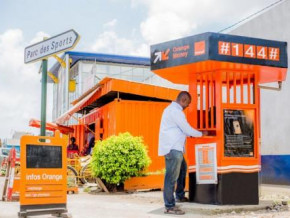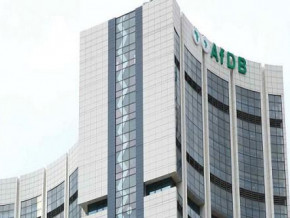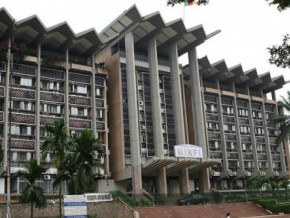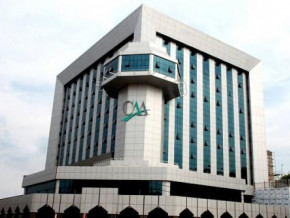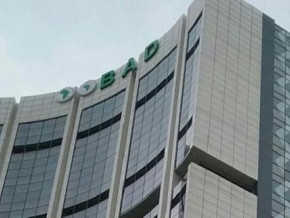
Sud Cameroun Hévéa drawn to growing fruit trees, rice, maize and palm oil
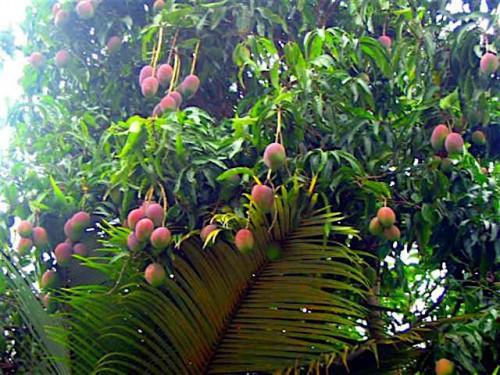
(Business in Cameroon) - The partnership agreement signed on 20 October 2016 between the agro-industrial company Sud Cameroun Hévéa and the Ministry of Agriculture not only aims to develop rubber tree plantations on the land concessions of this business in the region of the South of Cameroon.
This agreement, we learn from sources close to the dossier, incorporates assisting Sud Cameroun Hévéa in the establishment of rice paddies, fields of maize and plantations of lemon and mango trees.
In other words, diversification of production is the order of the day for this agro-industrial unit specialising until now in growing rubber trees, the raw material used to produce rubber, whose international market price has not been the most brilliant for some years and no longer guarantees profitability for producer businesses.
Indeed, advises Cameroon Development Corporation (CDC), the public company operating rubber plantations in the South-West region, whereas it was sold at between FCfa 2500 and 3000 the kilogram until 2012, the price of rubber in the international market now peaks at between FCfa 700 and 800 only.
Also, in order to withstand this drastic drop in world prices, production companies are opting more and more for diversification. It is so for CDC, which now has an eye on pepper, cassava and maize : then Sud Cameroun Hévéa, which seems to have its sights on fruit trees, maize and rice. It should be recalled that Sud Cameroun Hévéa is a company controlled by the Singapore group Sinochem International, through the company GMG International. The company has been engaged for some years in a process of extending its plantations, thanks to land concessions (45000 hectares) obtained in the region of South-Cameroon, specifically in the areas of Meyomessala, Meyomessi and Djoum.
BRM
Mags frontpage
- Most read 7 days
- shared 1 month
- read 1 month



